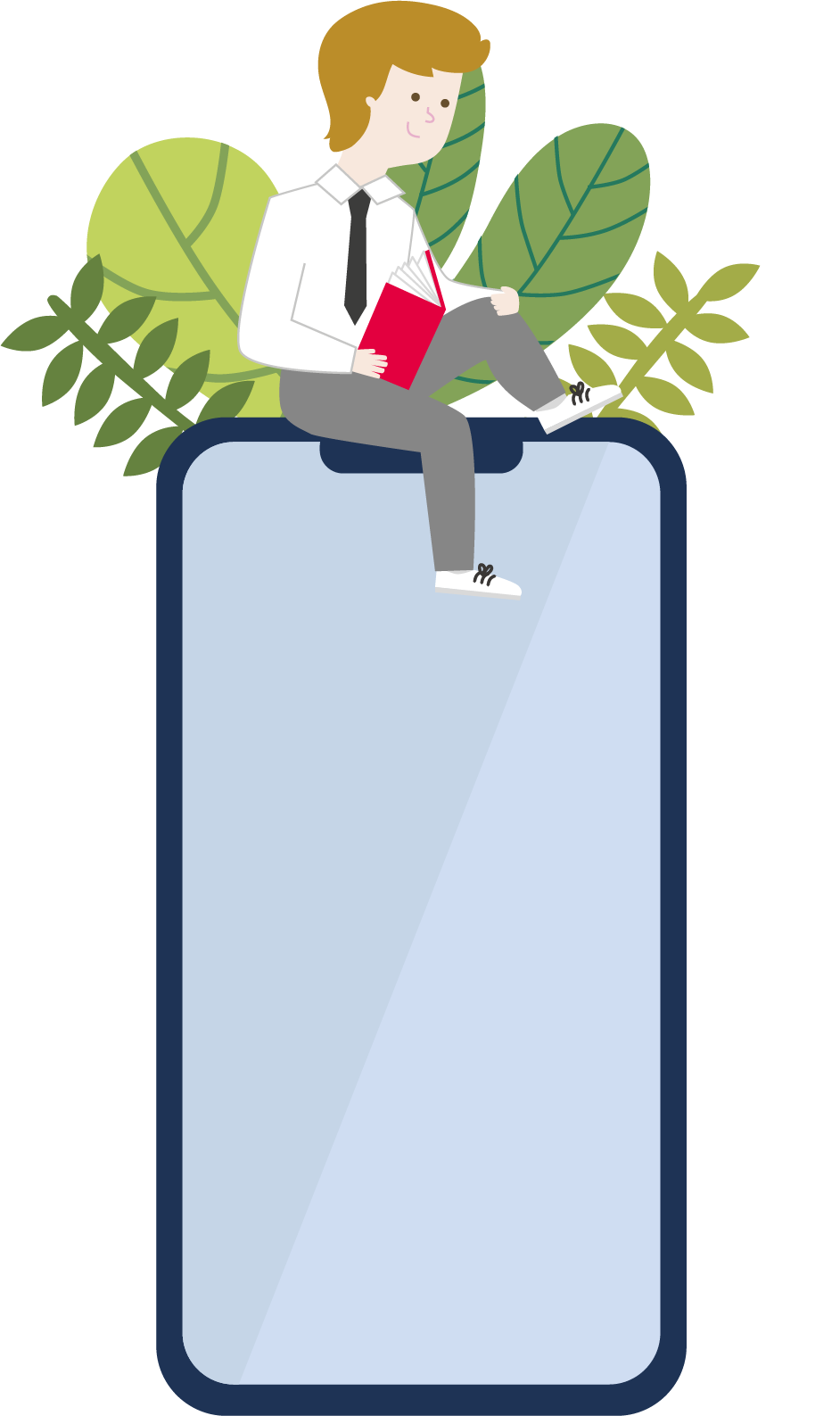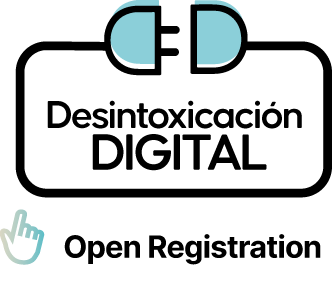
The pandemic has shown that we can continue with our lives relatively “normally” without face-to-face interaction. With its thousands of training tools, connectivity options and transaction opportunities, the internet has filled the void created by Covid-19 and positioned itself as the main channel of communication and education.
However, despite the immeasurable potential afforded by its millions of tutorials and training materials, many young people have adopted the worst traits of the internet: procrastination; addiction to video games, chats and imagery; and a loss of interest in face-to-face activities.

What is a digital detox course?
In the same way that we modify and reduce our food intake during a diet, a digital detox involves changing our digital habits by developing tools to help us decide how to use our time online.
The course is an eight-week programme which is complemented by reading material, discussions, videos, personal exercises, activities and family challenges.
The first unit of the course begins by explaining how digital addiction occurs. The second unit focuses on how to prepare ourselves physically, mentally, and emotionally before giving up the habit of constantly checking our screens.
The third unit helps participants to choose the type of content they wish to engage with via digital technology during their free-time and work, and for how long, and they will begin to plan which technologies can be eliminated.
Finally, once participants have decided how best to use technology, the course provides additional ideas, tips and recommendations on the incorporation of screens into daily life in a healthy and balanced way.

